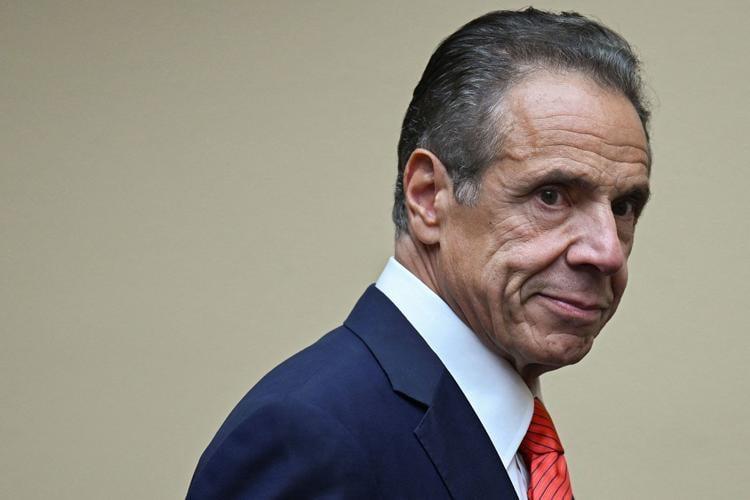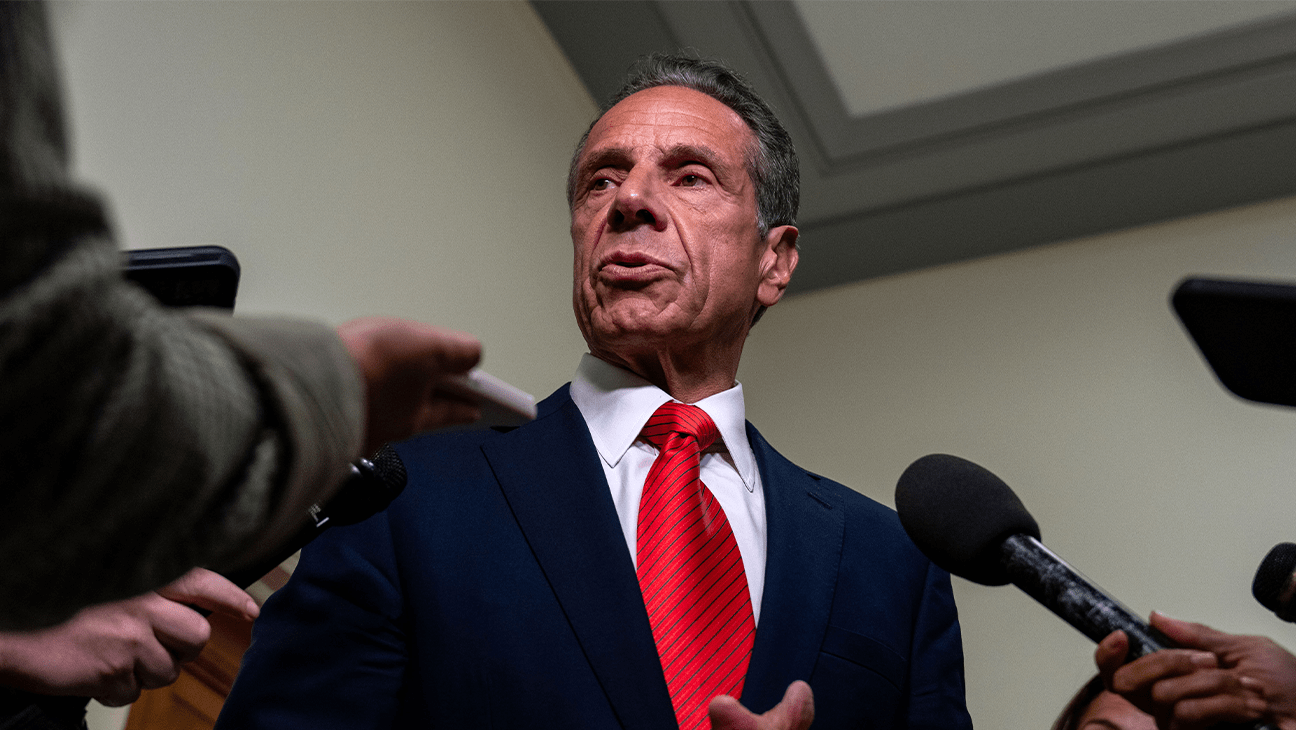The question of whether former New York Governor Andrew Cuomo should be investigated by the Department of Justice (DOJ) remains a contentious issue that continues to divide public opinion and raise complex questions about political accountability, justice, and precedent. Cuomo, once hailed as a Democratic star and national leader during the early months of the COVID-19 pandemic, saw his political career come to a dramatic end following multiple allegations of sexual harassment and criticism over his administration’s handling of nursing home deaths during the pandemic. As calls for DOJ involvement continue, it’s essential to examine both the basis and the broader implications of such an investigation.

To begin, it’s important to understand the allegations against Cuomo that could potentially fall under federal jurisdiction. The most prominent are the multiple sexual harassment claims made by former aides and other women who worked in or around his administration. A report released by the New York State Attorney General’s office in August 2021 concluded that Cuomo had sexually harassed at least eleven women and created a hostile work environment. Though Cuomo has consistently denied the allegations and claimed political motivation behind them, the detailed report was damning, leading to widespread calls for resignation and possible legal consequences.

In addition to the sexual harassment claims, there is also the issue of COVID-19 data misrepresentation. Cuomo’s administration allegedly underreported the number of COVID-related deaths in nursing homes. Critics argue that this misrepresentation may have been done to bolster his public image at the height of the pandemic, potentially misleading federal authorities and the public. If the Cuomo administration did withhold or falsify information in reports submitted to the federal government, that could constitute a violation of federal law.
Supporters of a DOJ investigation argue that no one, regardless of their political status or public service history, should be above the law. They believe that serious allegations — especially those involving abuse of power, sexual misconduct, and the potential manipulation of public health data — warrant full and impartial federal scrutiny. These individuals view a federal investigation as a necessary step not only for justice but also to reinforce public confidence in government accountability. To them, failure to investigate would send a message that political elites are shielded from the same standards applied to everyday citizens.
Moreover, those in favor of an investigation often point to the broader implications for workplace safety and ethical governance. If Cuomo’s alleged behavior created a toxic environment for women and employees in state government, then thoroughly investigating and addressing these actions becomes critical to ensure future administrations are held to higher standards. Such a precedent may deter similar behavior in the future and empower victims to speak out against misconduct.
On the other hand, critics of DOJ involvement caution against federal overreach and question whether a new investigation is necessary. Cuomo has already faced extensive scrutiny at the state level, leading to his resignation. Several district attorneys in New York examined the allegations and, in some cases, declined to bring criminal charges, citing insufficient evidence for prosecution. These outcomes, some argue, suggest that further federal investigation may amount to political theater or an unnecessary expenditure of resources.
Some also worry that a DOJ probe could be seen as politically motivated, particularly in the hyperpolarized climate of American politics. Cuomo remains a polarizing figure, and his case has become a symbol for broader debates about cancel culture, media influence, and partisan justice. If an investigation is seen as targeting a prominent Democrat disproportionately or selectively, it could set a dangerous precedent for weaponizing the DOJ against political opponents. In a time when public trust in institutions is fragile, the appearance of fairness is almost as important as fairness itself.
Additionally, legal experts often note that not every ethical lapse or workplace violation necessarily constitutes a federal crime. While Cuomo’s behavior as described in the Attorney General’s report may have been inappropriate or unethical, proving criminal liability — especially at the federal level — is a higher bar. If there is no clear evidence of federal law being broken, a DOJ investigation may be legally tenuous and politically fraught.
Ultimately, the decision to support or oppose a DOJ investigation into Andrew Cuomo rests on how one weighs the competing values of accountability, proportionality, and justice. Advocates for an investigation believe that the gravity of the allegations, combined with the high office Cuomo held, demands a robust federal response to determine whether laws were broken and justice denied. They see it not only as a matter of law, but as a moral obligation to uphold the integrity of public service.
Opponents, however, caution that the legal system has already engaged with the case and found limited grounds for further action. They fear that additional investigations may erode public trust or blur the line between legal consequence and political punishment. For them, the resignation of Cuomo and the scrutiny he has already faced may suffice as political accountability, if not legal.
In the end, the question — “Do you support an investigation of Andrew Cuomo by the DOJ?” — is not just about one man. It reflects a deeper struggle over how we as a society enforce standards of conduct, particularly for those in power. Whether the DOJ moves forward or not, the discussion around Cuomo will continue to influence how future leaders are held to account.






